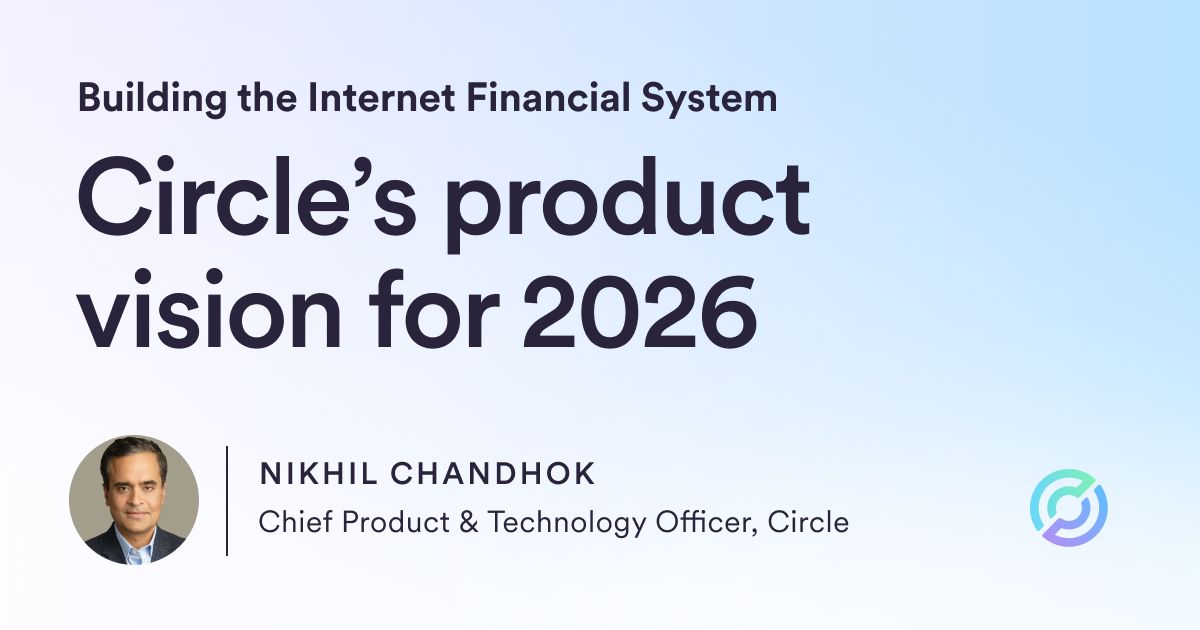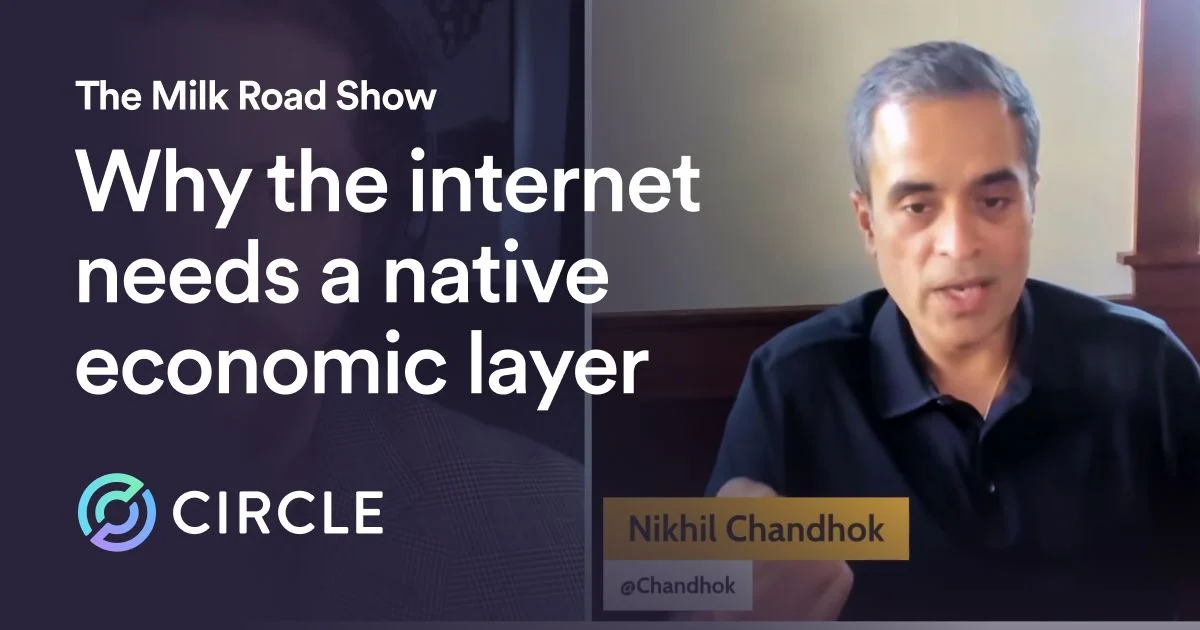Converge22, Circle’s Inaugural Crypto Conference, held engaging discussions from Serena Williams, Mark Cuban, and Charlize Theron.

The morning main stage session opened with notes from several high ranking U.S. policymakers including Maxine Waters, Patrick Mchenry and Adrienne Harris, where they outlined the work being done in Washington D.C. and around the country to dive deep into digital asset and stablecoin policy to protect consumers while advancing innovation and retaining an edge in tech policy and development.
New members of the Circle family Nafis Jamal and Hao Min, co-founders of recently acquired Elements, also took the stage to demo Circle’s Crypto Payments API, available in beta today, as well as the new one-stop checkout SDK for crypto merchants which will be available later this year. The new payment offerings make it simple for merchants to integrate their existing PSP relationships with Circle’s crypto payment offerings.
Circle CRO Kash Razzaghi sat down with Guillaume Poncin of Stripe to cover new integrations with USDC that make payouts faster and easier for creators around the world. As one of the most prominent players in the payments business, Poncin also offered insights that interest industries from gaming to fashion are all showing increasing interest in crypto payments, and that USDC was the obvious stablecoin of choice to work with based on ease of integration, stability, regulatory compliance, and a host of other factors.

On the Impact track in the Powering Modern Commerce with USDC and Euro Coin session, panelists from international payment organizations took the stage to explore the complexities of modern commerce and crypto opportunities. Coming from a traditional banking system where settlement can take hours or days, USDC serving as a base layer that can settle nearly instantly and often nearly free will have a major impact on liquidity for merchants, while also allowing payment processors to give more options than ever before in terms of currencies and other value added features. Stablecoins have allowed these payments businesses to adopt crypto in a way that wasn’t possible with volatile digital assets like Bitcoin, while also providing new capabilities to developers to build payment applications and use cases that previously would have required tremendous resources to create.

On the Inclusion track in the Dollar Digitization for the Developing World session, Builders leading the charge on bringing financial inclusion and financial freedom to the developing world discussed how stablecoins like USDC have become an important component of local economies and even international trade. In places where inflation has historically far outpaced that seen in the U.S., people are able to retain far more of the value they generate in places where it may be easier to use a digital wallet than to open a bank account.
“It’s estimated that close to $100 billion in physical cash is stored in mattresses in Argentina, because there is deep distrust of the financial system.” - Ripio co-founder and CEO Sebastian Serranno
In developing nations, profitable businesses are often held back by a lack of access to capital to grow. Helping unlock greater dollar-based economic activity can present new economic opportunities for a much larger pool of potential investors seeking yields less correlated to markets in more developed nations.
On the Innovation track, in The Next Wave of Mainstream NFT Use Cases session, panelists on the forefront of NFT marketplace growth and development discussed how the relationship between creators, fans, and the art that connects them has the potential to be dramatically expanded with the use of NFTs. This can reduce the friction required to share interests and passions while continuously enhancing the value of digital experiences. NFTs may also become increasingly popular among mainstream audiences as user interfaces improve, both in terms of screen-based marketplaces and improvements in immersion within the Metaverse that will allow NFTs to be experienced in entirely new ways.
For the afternoon main stage event, Jeremy was joined by Web 1.0 pioneer Mark Cuban, where they reminisced on the challenges of the early days of the internet, when basic activities like streaming audio or video once took multiple steps and deep domain expertise. In many cases it took a decade or more for many points of friction in the UX to be smoothed over, and both saw the same trends playing out in the Web3 development of today.
Last but not least, Circle Chief Strategy Officer and Head of Policy Dante Disparte announced Circle’s commitment to contribute up to $500,000 to disaster relief in Puerto Rico and Florida recently devastated by Hurricane Ian.




